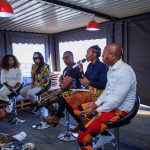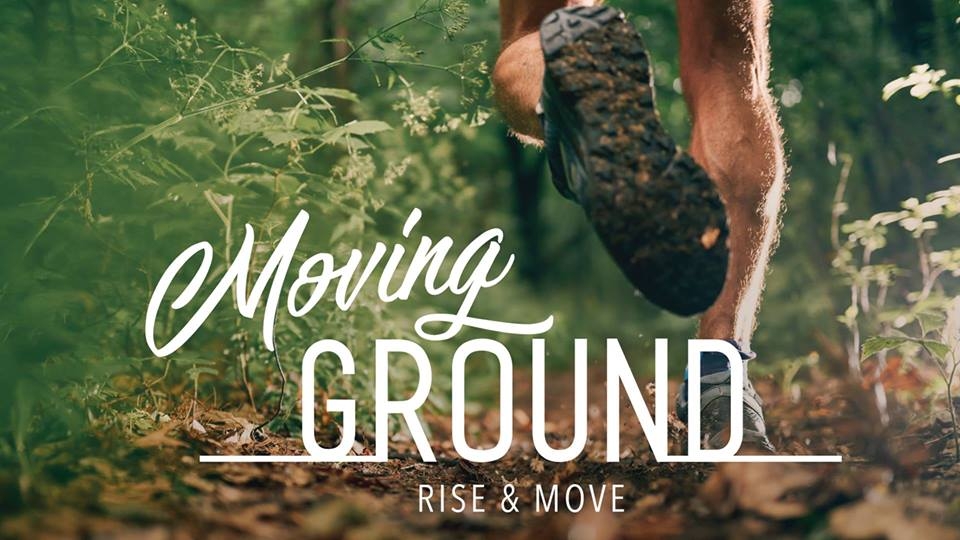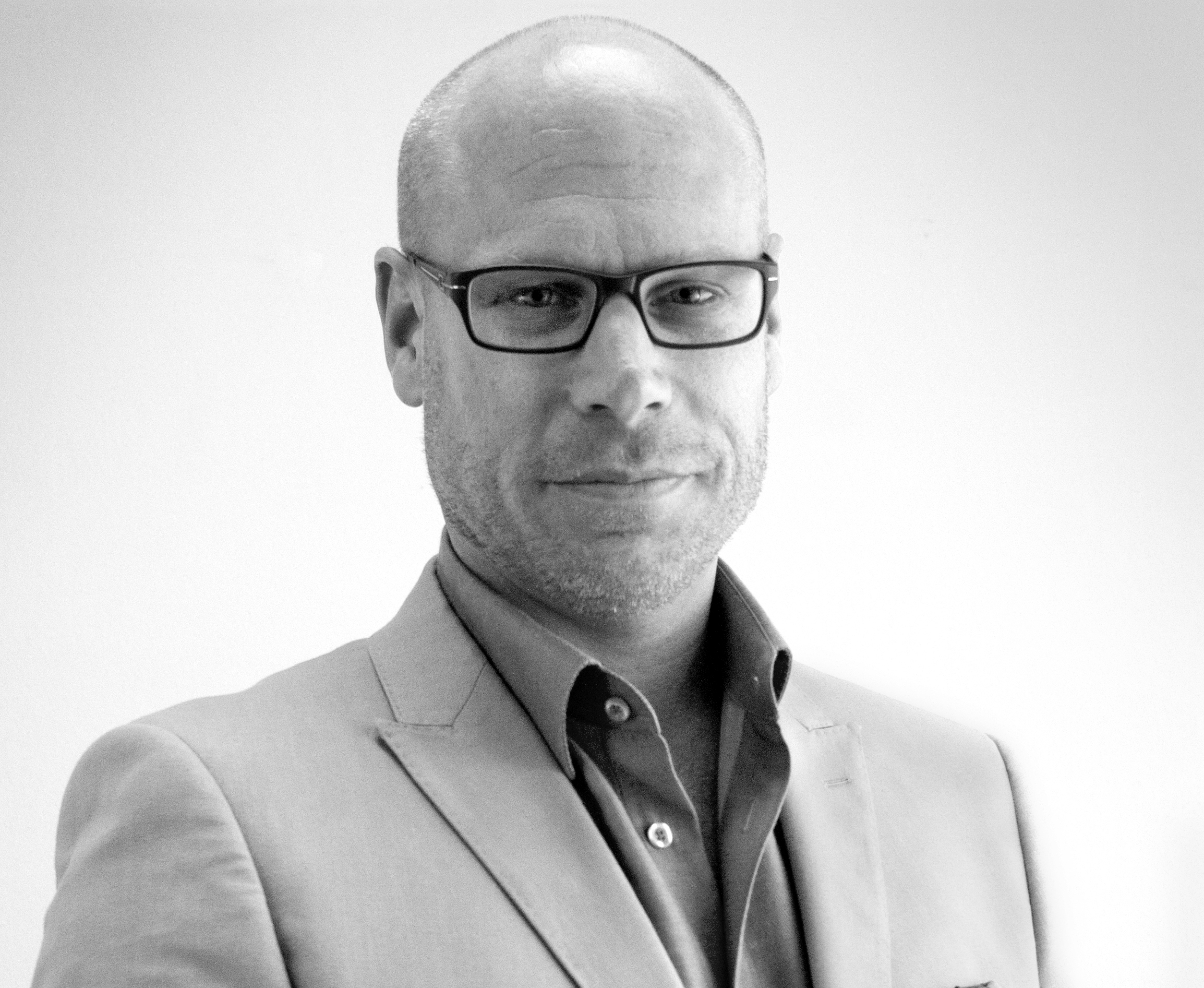
Podcasts: continuous learning
My perception and understanding of how we learn things is changing as my journey through life progresses. I strongly believe that we are always learning and will probably never know everything. This is exciting and shouldn’t be viewed as a negative. By constantly adapting, learning, questioning and exposing ourselves to difference we can become a better person.
On Wednesday evening I attended a GIBs forum event, where Luis Avellar the general manager for Coca-Cola’s South African franchise, unpacked Coca-Cola’s move to become a total beverage company and how they are managing this shift from a strategic direction.
In 2017, James Quincey, the president and CEO of Coca-Cola unveiled the company’s new strategy to become a total beverage company. By reshaping its growth strategy and operating model in line with changing consumer tastes and buying habits, it transitioned from just being known for its iconic Coca-Cola brand, to a company intent on maintaining consumer relevance.
It is interesting to see and hear large organisations making shifts like this. Change happens at different speeds and scales. Start-ups are able to move quicker than bigger organisation for a number of reasons, one of them being that they are not dealing with legacy or bureaucratic systems. While speed is important, we shouldn’t get caught in the concept that “fast is always right”. We can learn a lot from understanding strategic decisions from the past, so don’t “write off” big organisations because they appear slow in today’s environment.
Jeff Bezos is famous for his customer centric approach in every element of Amazon. While working with the end customer in mind is important, business models of the future need to also understand the best methods to communicate with a customer. Without distribution a product or concept will remain an “idea”.
As we navigate the future and aim to understand the future customers and distribution, here are a few thoughts and suggested actions:
- Talk to your customers—create a feedback mechanism.
- Listen actively—it helps to avoid confirmation bias.
- Acknowledge that things are multi-layered and change happens at different speeds.
- Solve problems that a selected audience is facing. Otherwise known as a minimal viable audience.
- Does your messaging make sense where it is appearing?
- What are you doing to support and nurture your existing clients. Getting a new client through the door is only the start.
This week’s podcasts focus in on the marketing, the advertising world, and also touches on the world of Psychedelics. Did you know that Facebook made $55 billion in Ad revenue in 2018? It’s exciting to be working in a time where measurability is easily accessible. Data helps us make more informed decisions and traditional forms of advertising are being challenged as people seek small groups to interact with. I heard an interesting quote recently that equated an element of marketing to solving a maths problem as advertisers need to stay ahead of the various algorithm changes.
- 080 B2B & B2C Entrepreneur Strava CoFounder Mark Gainey
- 078 From Goldman Sachs To Cannabis Venture Capital Pioneer w/ Codie Sanchez
- #377: Psychedelics — Microdosing, Mind-Enhancing Methods, and More
- Bradley Johnson, director of data analytics, Ad Age Datacenter
- The Power of a Design Mindset with Corinne Sklar (Part 1)
Two interesting articles that I read over the past week.
The UX design process in 6 stages
Albert Einstein on Sifting the Essential from the Non-Essential
We are surrounded by endless amounts of information and at times it can be overwhelming as we feel like we need to try and absorb it all. Simplicity is often underrated, but it is a skill in itself. While it is an older concept, thinking or planning in a design mindset (design thinking) allows us to ensure that we are incorporating the different elements.
Have an epic week!







Leave a Reply